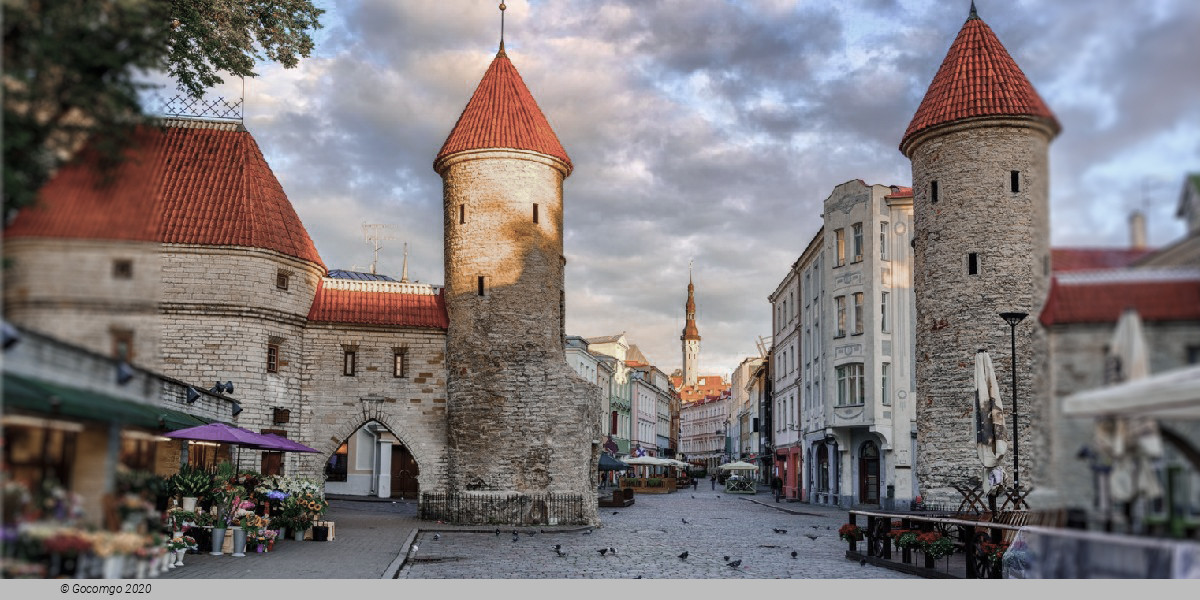Tallinn

Tallinn is the capital and most populous city of Estoniaб located in the northern part of the country, on the shore of the Gulf of Finland of the Baltic Sea. Tallinn's Old Town in Kesklinn is one of the best preserved medieval cities in Europe and is listed as a UNESCO World Heritage Site.
What can arguably be considered to be Tallinn's main attractions are located in the old town of Tallinn (divided into a "lower town" and Toompea hill) which is easily explored on foot. The eastern parts of the city, notably Pirita (with Pirita Convent) and Kadriorg (with Kadriorg Palace) districts, are also popular destinations, and the Estonian Open Air Museum in Rocca al Mare, west of the city, preserves aspects of Estonian rural culture and architecture.
Tallinn's Old Town is a major tourist attraction; others include the Seaplane Harbour of Estonian Maritime Museum, the Tallinn Zoo, Kadriorg Park, and the Estonian Open Air Museum. Most of the visitors come from Europe, though Tallinn has also become increasingly visited by tourists from Russia and the Asia-Pacific region.
Tallinn is home to more than 60 museums and galleries. Most of them are located in Kesklinn, the central district of the city, and cover Tallinn's rich history.
The Estonian Song Festival is one of the largest choral events in the world, listed by the UNESCO as a Masterpiece of the Oral and Intangible Heritage of Humanity. It is held every five years in July on the Tallinn Song Festival Grounds (Lauluväljak) simultaneously with the Estonian Dance Festival. The joint choir has comprised more than 30,000 singers performing to an audience of 80,000.
The traditional cuisine of Tallinn reflects culinary traditions of the Northern Estonia, the role of the city as a fishing port, and the Baltic German influence. Numerous cafés have played a major role in a social life of the city since the 19th century, as have bars, especially in the Kesklinn district.

